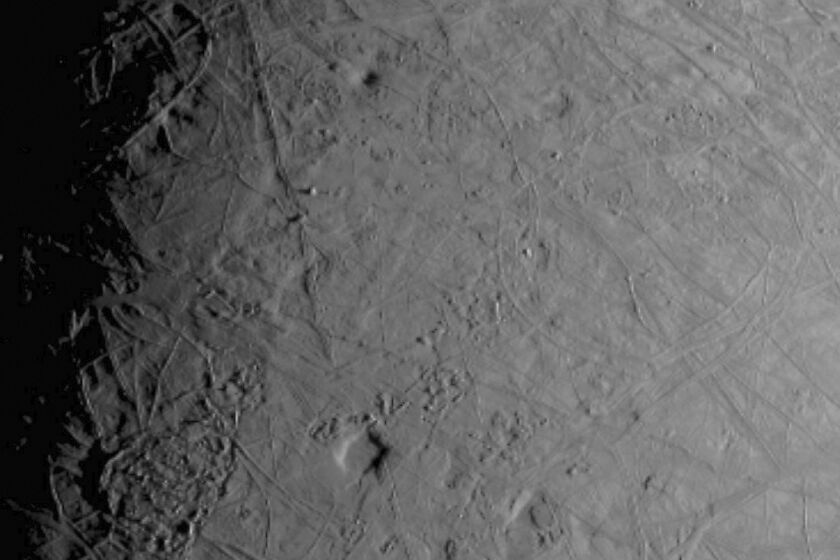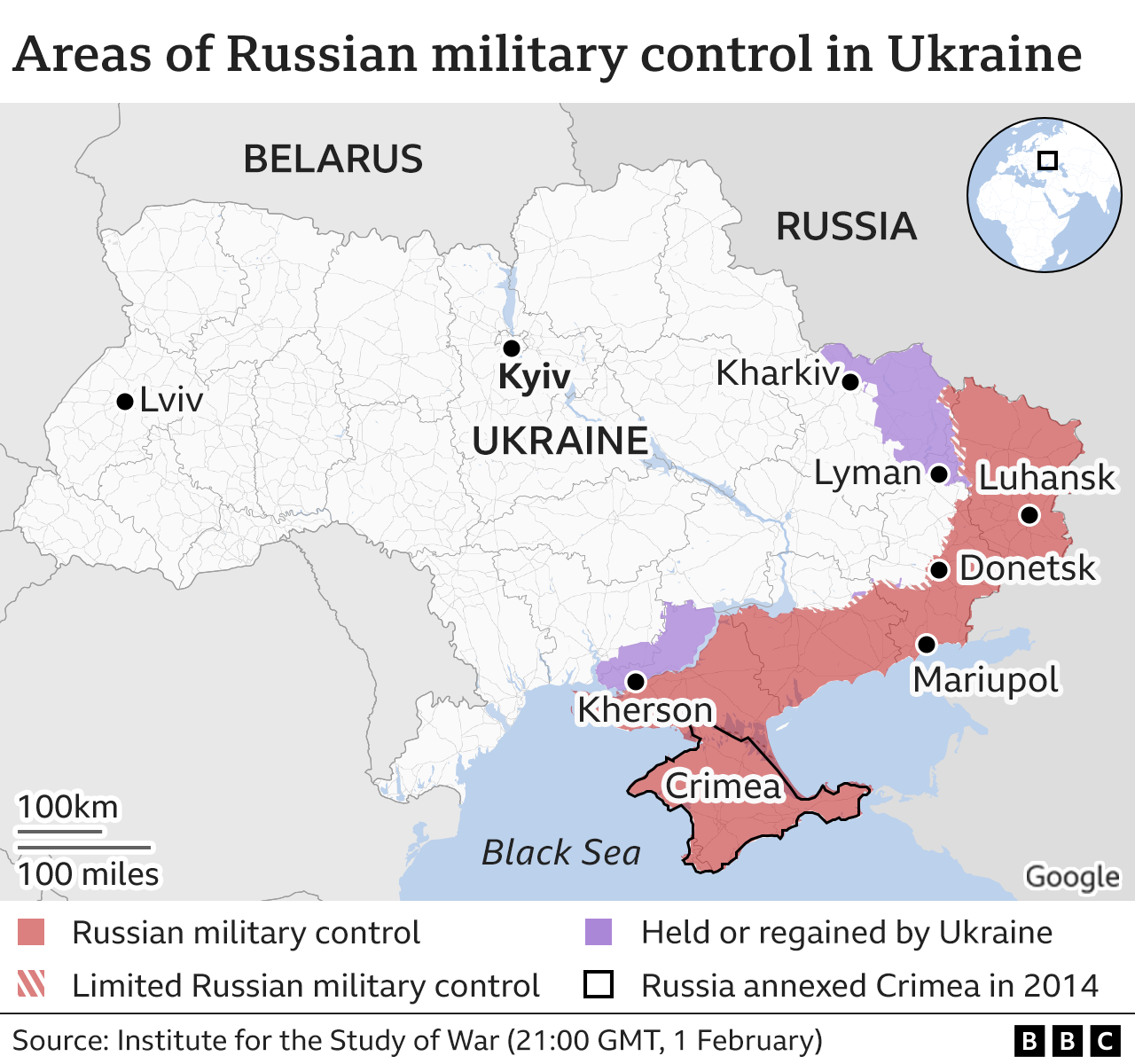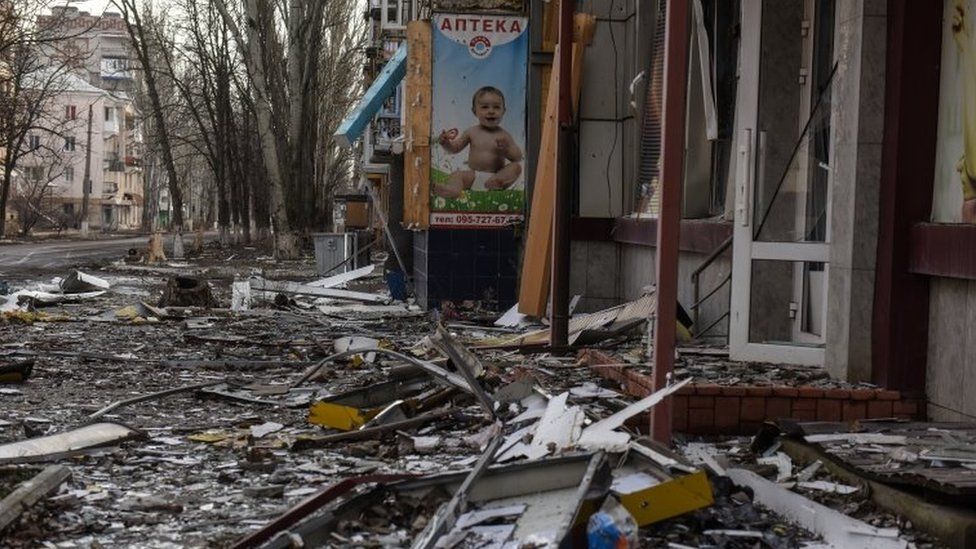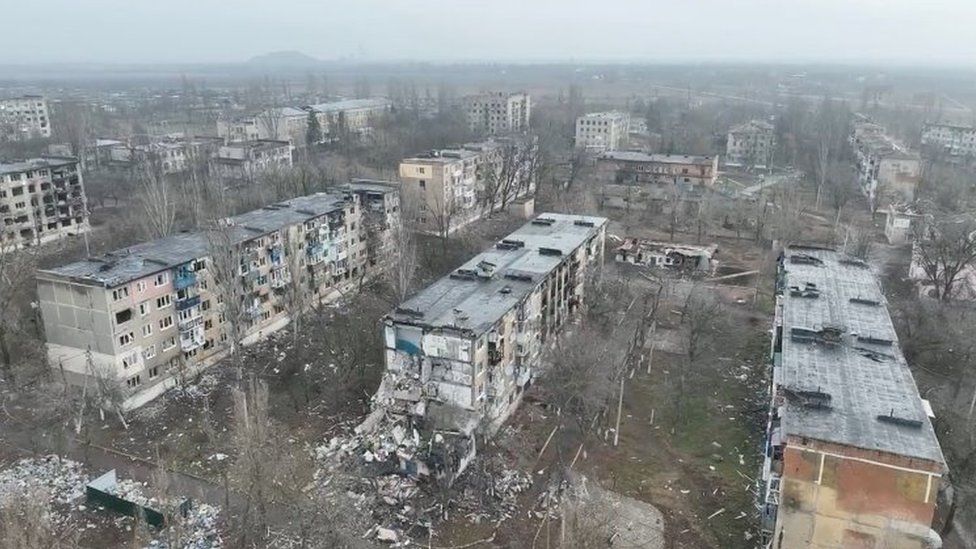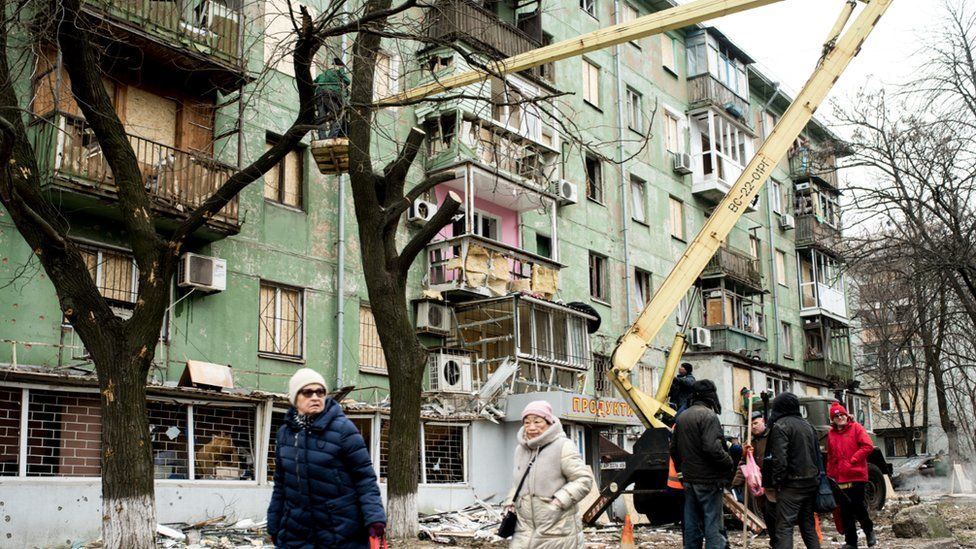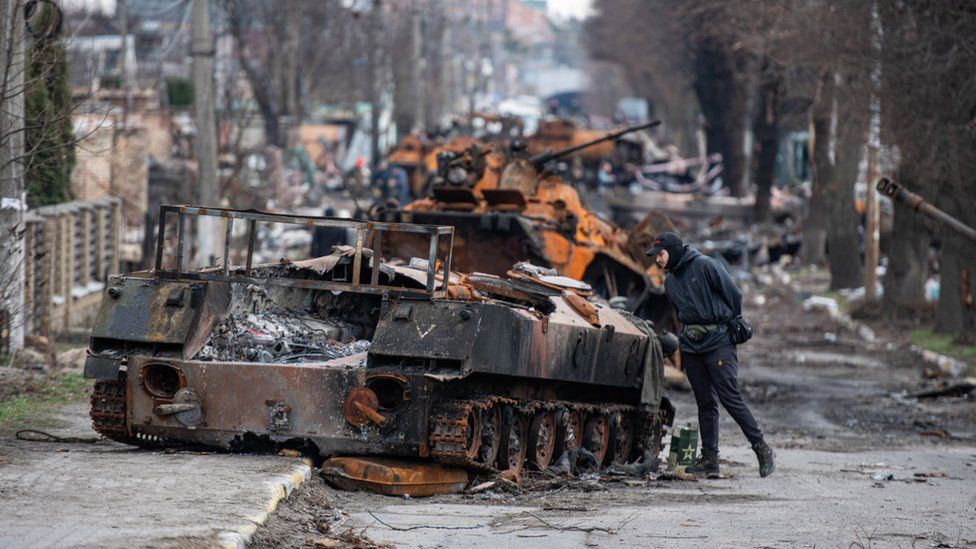With discovery of 12 more moons, Jupiter now has 92, the most in our solar system
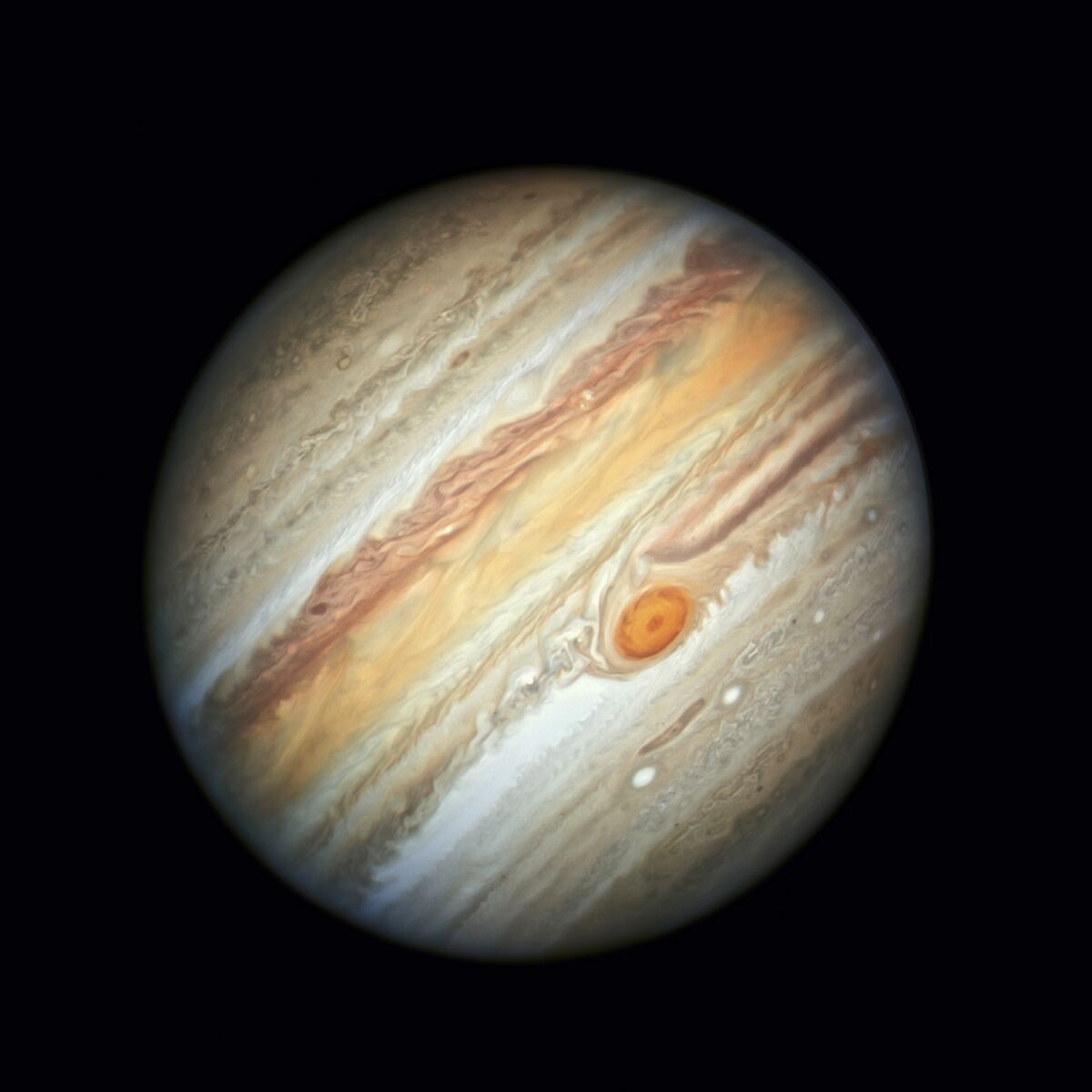
Astronomers have discovered 12 new moons around Jupiter, putting the total count at a record-breaking 92 for our solar system.
The new count vaults Jupiter past Saturn, which has 83 confirmed moons.
The Jupiter moons were added recently to a list kept by the International Astronomical Union’s Minor Planet Center, said Scott Sheppard of the Carnegie Institution, who was part of the team.
They were discovered using telescopes in Hawaii and Chile in 2021 and 2022, and their orbits were confirmed with follow-up observations.
These newest moons range in size from 0.6 miles to two miles across, according to Sheppard.
“I hope we can image one of these outer moons close-up in the near future to better determine their origins,” Sheppard said in an email Friday.
In April, the European Space Agency is sending a spacecraft to Jupiter to study the planet and some of its biggest icy moons. And next year, NASA will launch the Europa Clipper to explore Jupiter’s moon of the same name, which could harbor an ocean beneath its frozen crust.
Sheppard — who discovered a slew of moons around Saturn a few years ago and has taken part in 70 moon discoveries so far around Jupiter — expects to keep adding to the lunar tally of both gas giants.
Jupiter and Saturn are loaded with small moons, believed to be fragments of once bigger moons that collided with one another or with comets or asteroids, Sheppard said. The same goes for Uranus and Neptune, but they’re so distant that it makes moon-spotting even harder.
Uranus has 27 confirmed moons, Neptune 14, Mars two and Earth one. Venus and Mercury come up empty.
Jupiter’s newly discovered moons have yet to be named. Sheppard said only half of them are big enough — at least one mile across or so — to warrant a name.


